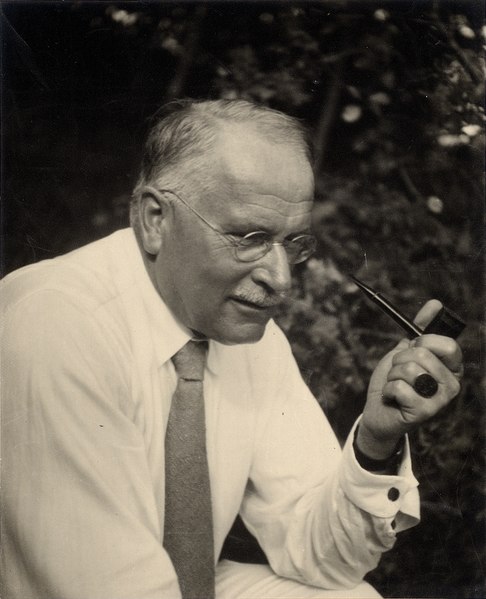Collective unconscious refers to the unconscious mind and shared mental concepts. It is generally associated with idealism and was coined by Carl Jung. According to Jung, the human collective unconscious is populated by instincts, as well as by archetypes: ancient primal symbols such as The Great Mother, the Wise Old Man, the Shadow, the Tower, Water, and the Tree of Life. Jung considered the collective unconscious to underpin and surround the unconscious mind, distinguishing it from the personal unconscious of Freudian psychoanalysis. He believed that the concept of the collective unconscious helps to explain why similar themes occur in mythologies around the world. He argued that the collective unconscious had a profound influence on the lives of individuals, who lived out its symbols and clothed them in meaning through their experiences. The psychotherapeutic practice of analytical psychology revolves around examining the patient's relationship to the collective unconscious.
![Moře (Sea), Eduard Tomek [cs], 1971](https://upload.wikimedia.org/wikipedia/commons/thumb/b/bd/3more.jpg/431px-3more.jpg)
Moře (Sea), Eduard Tomek [cs], 1971
Carl Gustav Jung was a Swiss psychiatrist and psychoanalyst who founded analytical psychology. He was a prolific author, illustrator, and correspondent, and a complex and controversial character, perhaps best known through his "autobiography" Memories, Dreams, Reflections.
Jung circa 1935
The clergy house in Kleinhüningen, Basel, where Jung grew up
Young Jung, early 1880s
The University of Basel, where Jung studied between 1895 and 1900

![Moře (Sea), Eduard Tomek [cs], 1971](https://upload.wikimedia.org/wikipedia/commons/thumb/b/bd/3more.jpg/431px-3more.jpg)



